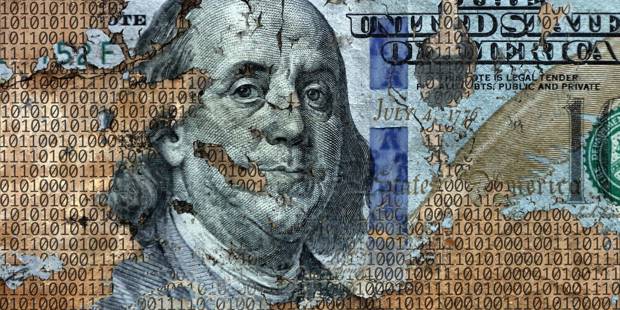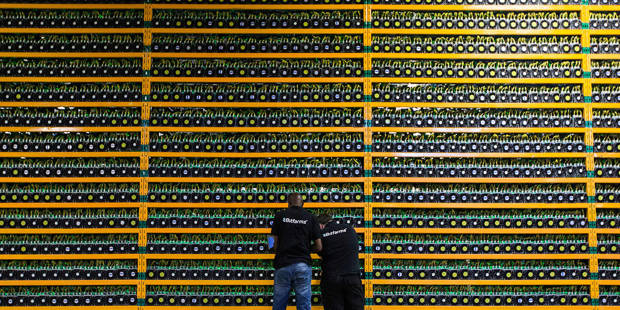Marion Laboure
Marion Laboure, a lecturer at Harvard University, is a senior economist at Deutsche Bank Research and the author of Democratizing Finance: The Radical Promise of Fintech (Harvard University Press, 2022).
-
What’s Next for Fintech?

What’s Next for Fintech?
Mar 13, 2023 Johanna M. Costigan, et al. consider what recent developments will mean for the future of technological innovation in financial services.
-
Marion Laboure on fintech, the crypto crash, stablecoins, and more

Marion Laboure on fintech, the crypto crash, stablecoins, and more
Jun 14, 2022 Marion Laboure puts the plummeting value of Bitcoin and other cryptocurrencies in perspective, considers how financial technologies can boost financial inclusion and reduce inequality, and highlights the vulnerabilities illustrated by the TerraUSD crash.
-
Greening the Crypto Revolution

Greening the Crypto Revolution
May 6, 2022 Marion Laboure presents the options for decarbonizing a notoriously energy-intensive technology and global industry.
-
The COVID-19 Cash Out

The COVID-19 Cash Out
Mar 19, 2020 Juergen Braunstein, et al. see the pandemic accelerating a shift toward digital payments – and away from pathogen-carrying banknotes.
-
The Rise of Silicon China
 Free to read
Free to readThe Rise of Silicon China
Apr 3, 2018 Marion Laboure, et al. explain how leading Chinese tech firms have quickly gained an edge in the field of artificial intelligence.








